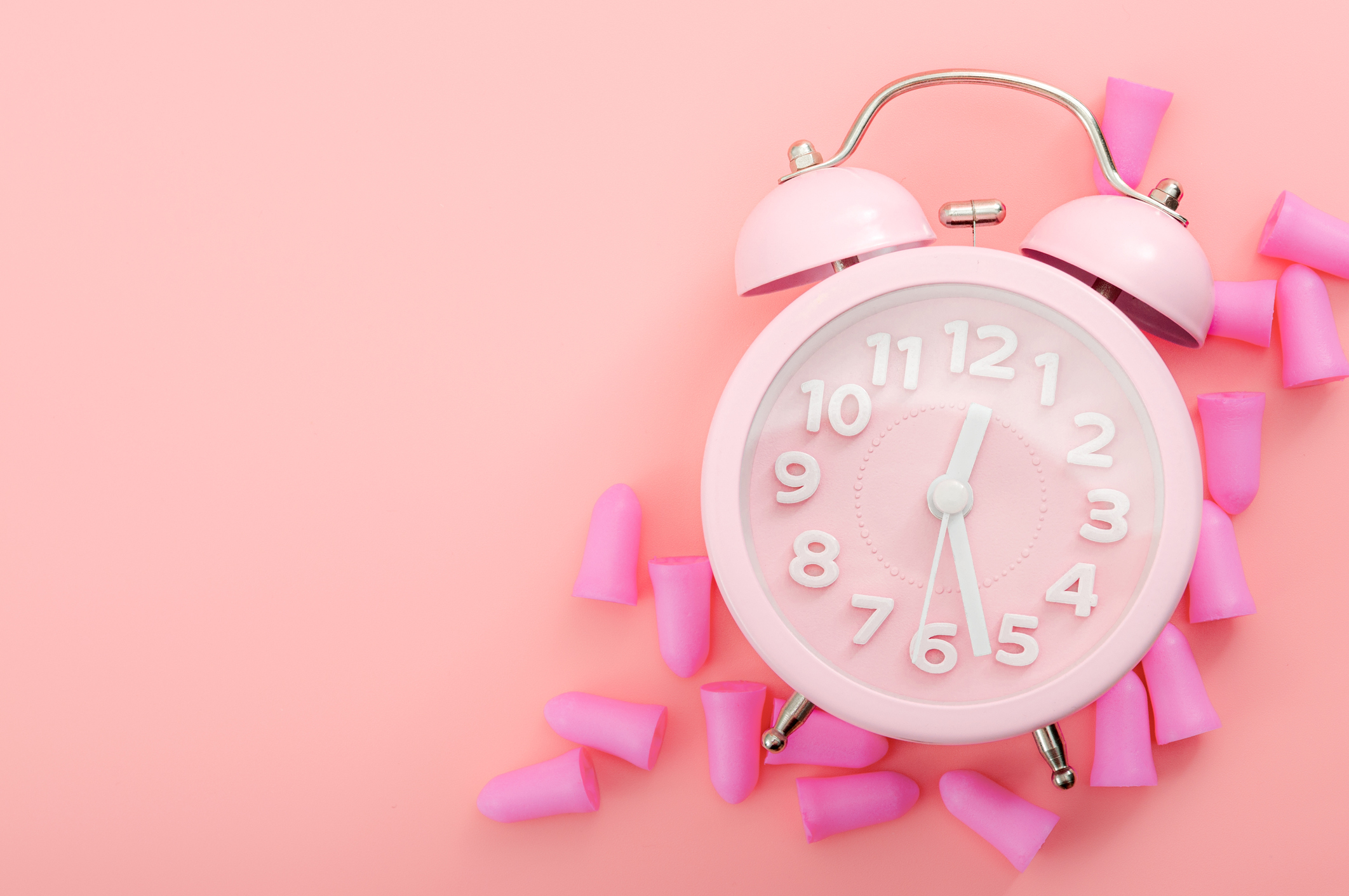The four major consquences for YOUR health if your partner keeps you awake snoring


We all know that not getting enough sleep can leave us feeling irritable the next day and whether it’s your own snoring, or it’s your partner’s that’s keeping you up at night, it may be doing more than just making you question your sleeping arrangements.
Studies have shown that snoring can actually have a serious impact on your health too.
Why do we snore?
When we’re asleep our muscles aren't being used, they loosen, which means the tongue flops back. The tissues and muscles in the throat and nose relax. As you breathe, the air passing over and between these relaxed tissues causes them to vibrate, creating noise. This is snoring.
But, snoring is not an illness, rather, it is a symptom of factors such as:
- being overweight
- sleeping on your back
- smoking
- drinking alcohol
- certain medications
- ageing
Is snoring bad?
The answer to this is complicated and depends on the individuals involved. However, as a general rule, if someone's sleep is being seriously and regularly disrupted by snoring, then this is bad, and medical advice and support should be sought.
What impact does snoring have on health?
If snoring if keeping you awake at night, that can have medical ramifications. Sleep deprivation has been linked to a number of conditions. Recent research has shown that you are most at risk of developing:
Diabetes
Sign up for the woman&home newsletter
Sign up to our free daily email for the latest royal and entertainment news, interesting opinion, expert advice on styling and beauty trends, and no-nonsense guides to the health and wellness questions you want answered.
Type 2 diabetes involves too much sugar in the blood and increases the risk of heart disease. The reason sleep deprivation and diabetes are linked is due to consistent sleep loss, less insulin (a hormone which regulates blood sugar) is released in the body after you eat. Meanwhile, your body produces more stress hormones (such as cortisol), which helps you stay awake but makes it more difficult for insulin to do its job effectively.
The end result- too much sugar stays in the bloodstream, which increases your risk of developing type 2 diabetes.
High blood pressure
According to recent research, a disrupted night’s sleep may cause spikes in blood pressure that night and the following day. A study of over 500 middle-aged adults found that sleep deprivation was a reliable predictor of increased blood pressure levels. These findings remained consistent even after being adjusted for age, race, sex and use of high blood pressure medication.
Mental health issues
Many of us will experience irritability and poor concentration when we’re tired, so it’s no surprise that consistent poor sleep can have a negative impact on our mental health. One of sleep’s primary functions is to restore the brain at the end of each day which can help us manage our emotions the next day, whereas lack of sleep can lead to negative thinking and emotional vulnerability.
Weight gain
There are lots of reasons we gain weight as women. Sometimes over indulgence, sometimes it's due to something like menopausal weight gain. But research carried out by Loughborough University found that people who continuously sleep less than six hours a night are more likely to have a higher body max index (BMI) compared to those who got around eight hours per night. This may be because how much sleep we get affects hormones which regulate hunger- ghrelin and leptin. Another reason may be that when we’re feeling tired; we’re less likely to feel motivated to exercise.
Not only that, but the more sleep deprived you are, the higher your levels of the stress hormone, cortisol, which increases your appetite. In those stressful moments, you’re less likely to fight your sugar cravings, and instead reach for something which will make you feel good in the moment.
If snoring is keeping you awake at night, speak to your GP for advice and suggested treatments.
Lauren is the former Deputy Digital Editor at woman&home and became a journalist mainly because she enjoys being nosy. With a background in features journalism, Lauren worked on the woman&home brand for four years before going freelance. Before woman&home Lauren worked across a variety of women's lifestyle titles, including GoodTo, Woman's Own, and Woman magazine.
-
 'As a dad, I have not found it easy viewing' - Keir Starmer reacts to Adolescence as he meets with creators of 'groundbreaking' series
'As a dad, I have not found it easy viewing' - Keir Starmer reacts to Adolescence as he meets with creators of 'groundbreaking' seriesThe Prime Minister welcomed the creative minds behind Netflix hit, Adolescence, to discuss the 'cultural issue' of online misogyny
By Lucy Wigley Published
-
 Cat Deeley wears the chicest polka dot wedding guest dress – here's how to style it beyond special occasions
Cat Deeley wears the chicest polka dot wedding guest dress – here's how to style it beyond special occasionsShop this elegant maxi dress from & Other Stories today
By Molly Smith Published
